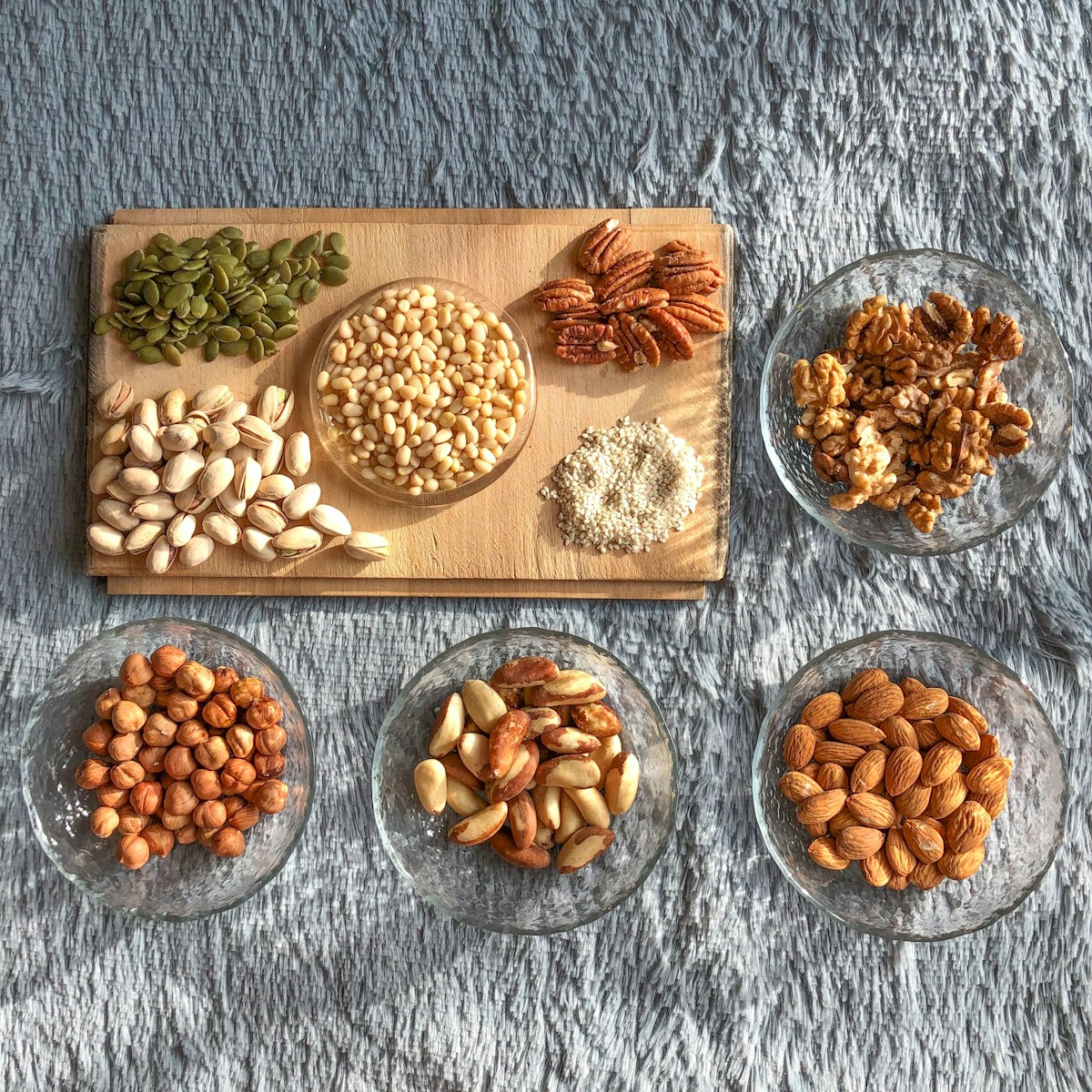Maintaining good gut health is essential for overall well-being and can have a significant impact on both physical and mental health. The gut is often referred to as our “second brain” due to its complex network of neurons and its ability to communicate with the central nervous system. In recent years, research has increasingly highlighted the importance of gut health in various aspects of our health, including mental wellness. In this article, we will explore the connection between gut health and mental wellness, as well as provide tips on how to enhance gut health for a healthier mind and body.
Importance of Gut Health
The gut plays a crucial role in digestion, nutrient absorption, and immune function. A healthy gut is essential for maintaining a strong immune system and preventing various digestive disorders. Moreover, recent studies have shown that the gut microbiome, which consists of trillions of bacteria, fungi, and other microorganisms, plays a key role in influencing our mood, behavior, and mental health.

Gut-Brain Connection
The gut and the brain are connected through a bidirectional communication system known as the gut-brain axis. This communication network allows the gut to send signals to the brain and vice versa. Research has shown that imbalances in the gut microbiome can lead to changes in brain function and behavior, potentially contributing to mental health disorders such as depression and anxiety.
Foods to Support Gut Health
A diet rich in whole, unprocessed foods is essential for promoting a healthy gut microbiome. Foods such as fruits, vegetables, whole grains, and lean proteins provide the necessary nutrients for supporting the growth of beneficial bacteria in the gut. On the other hand, processed foods high in sugar and unhealthy fats can disrupt the balance of gut bacteria and contribute to inflammation.
Probiotics and Prebiotics
Probiotics are beneficial bacteria that can help restore the balance of gut microbiota and improve digestive health. Foods like yogurt, kefir, sauerkraut, and kimchi are rich sources of probiotics. Prebiotics, on the other hand, are non-digestible fibers that serve as food for probiotics. Foods like garlic, onions, leeks, and bananas are good sources of prebiotics.
Fiber-Rich Diet
Fiber is essential for promoting gut health as it helps regulate bowel movements, supports the growth of beneficial bacteria, and aids in the removal of waste from the body. A diet high in fiber from fruits, vegetables, whole grains, and legumes can help prevent constipation, reduce inflammation, and support overall gut health.
Managing Stress Levels
Chronic stress can have a negative impact on gut health by disrupting the balance of gut bacteria and increasing inflammation in the body. Finding ways to manage stress, such as practicing mindfulness, meditation, yoga, or engaging in hobbies and activities that bring joy, can help support a healthy gut microbiome and improve mental wellness.
Importance of Sleep
Getting an adequate amount of quality sleep is essential for gut health and mental well-being. Sleep deprivation has been linked to changes in gut microbiota composition, increased inflammation, and impaired cognitive function. Prioritizing good sleep hygiene and establishing a regular sleep schedule can help support a healthy gut-brain axis.

Regular Exercise
Exercise not only benefits physical health but also plays a role in promoting gut health and mental wellness. Physical activity has been shown to have a positive impact on gut microbiota diversity, reduce inflammation, and improve mood and cognitive function. Incorporating regular exercise into your routine can help support a healthy gut-brain axis.
Hydration and Gut Health
Staying hydrated is important for maintaining good gut health as water helps in the digestion and absorption of nutrients, supports bowel regularity, and aids in the removal of waste from the body. Drinking an adequate amount of water throughout the day can help support the function of the gut and promote overall well-being.
Mindful Eating Practices
Practicing mindful eating involves paying attention to the taste, texture, and sensation of food, as well as being aware of hunger and fullness cues. Mindful eating can help promote better digestion, reduce overeating, and support a healthy gut microbiome. Taking the time to savor and enjoy your meals can have a positive impact on both gut health and mental wellness.
Healing Herbs and Supplements
Certain herbs and supplements have been found to have gut-healing properties and can help support digestive health. Herbs like ginger, turmeric, peppermint, and licorice have anti-inflammatory and soothing effects on the gut. Additionally, supplements like omega-3 fatty acids, glutamine, and digestive enzymes may also help promote gut health and improve digestion.

Seeking Professional Help
If you are experiencing persistent digestive issues, changes in mood or behavior, or chronic stress that is impacting your gut health and mental wellness, it is important to seek professional help. A healthcare provider, such as a doctor, nutritionist, or therapist, can provide personalized guidance and support to help you address any underlying issues and improve your gut health and mental well-being.
Enhancing gut health is a key component of maintaining overall well-being and promoting mental wellness. By incorporating these tips into your daily routine, such as eating a diet rich in whole foods, practicing stress management techniques, getting enough sleep, exercising regularly, and staying hydrated, you can support a healthy gut microbiome and improve your mental health. Remember that everyone’s gut health is unique, so it may take some trial and error to find what works best for you. If you are struggling with gut-related issues or mental health concerns, don’t hesitate to seek professional help for personalized support and guidance.












